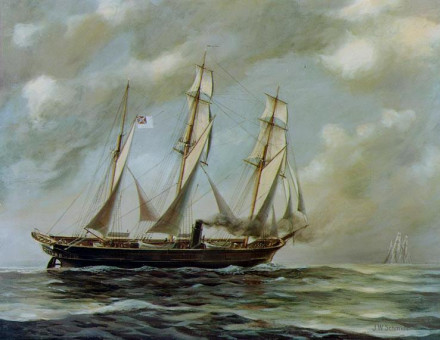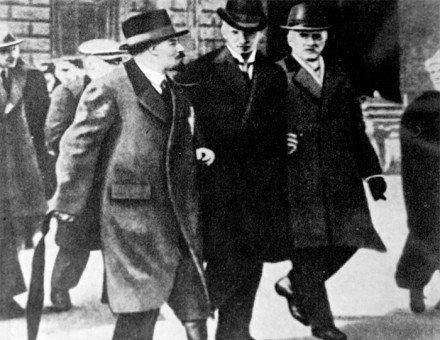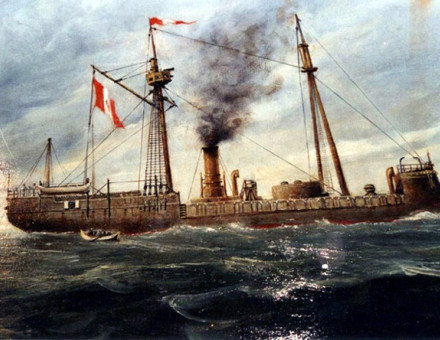The Escape of the Goeben and Breslau, August 1914
The presence of these two ships in the Mediterranean at the opening of the First World War gave the Germans a dangerous advantage. Their escape to the Dardanelles, writes David Woodward, had a manifold influence on Allied strategy.





